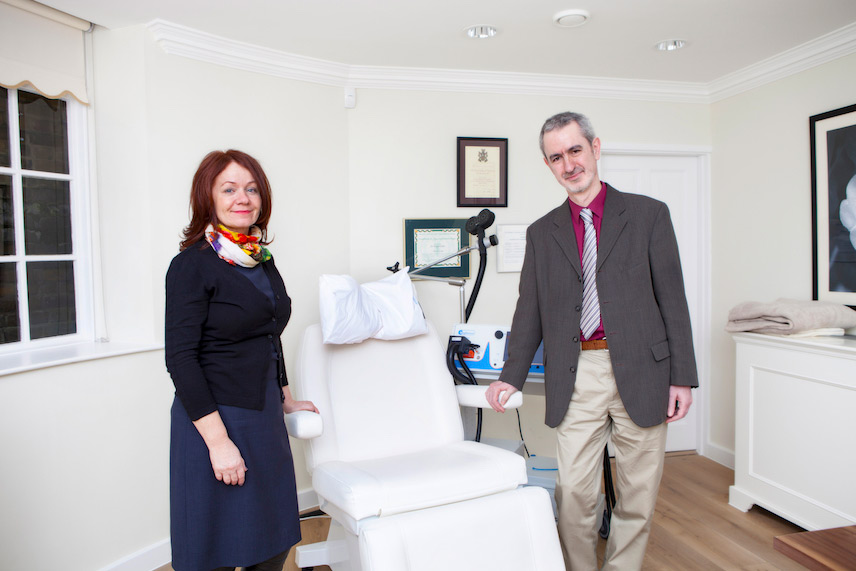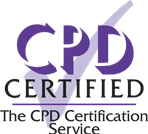
The London Psychiatry Centre has a significantly higher success rate with rTMS treatments than other clinics.
Two separate studies show our remission rate at 66% and 61%. This is double that of providers using dTMS and three times higher than the UK rTMS platinum standard where neuronavigation was used.
The London Psychiatry Centre was the first private clinic in the UK that audited and published rTMS treatment results. Our clinic achieved a 61% peer reviewed remission rate over a sample of 150 patients. In a more recent, larger sample of 252 patients (the most patients treated with rTMS by any clinic in the UK), we maintained this high remission rate.
For comparison:
- Of 44 centres in the US and Australia that have published rTMS treatment results for treatment-resistant depression, the remission rate is 29%.
- The remission rate for H-coil dTMS used by certain UK centres is 31%.
- Northampton NHS Trust reported a 20.8%1 remission rate using the same questionnaire as The London Psychiatry Centre (BDI-II).
- A recent study which analysed five private TMS providers and five teaching hospital NHS foundation trusts found that using neuronavigation, considered to be a state-of-the-art technology to refine rTMS and iTBS targeting, provided remission in only one-fifth (20%) of patients.
In July 2020 we analysed a selection of 252 treatment resistant patients who had been unable to achieve satisfactory results with antidepressant medication. Our results showed that 61% of these patients achieved remission (full recovery) within six weeks. The majority of these patients had been well for between 1-12 months with maintenance rTMS treatment. 35%, did not respond to treatment, 3% experienced a 50% improvement in symptoms and 1% experienced a 75% improvement. There have been no side effects noted.
In comparison, a study based on findings in a US academic medical centre published in The Journal of Clinical Psychiatry2, shows the effectiveness of rTMS in 100 individual cases with a remission rate (full recovery) at six weeks of 24.7%. Depression and Anxiety, The Official Journal of ADAA3, published that 42 separate clinical rTMS practice centres, including some Ivy League centres, were assessed with remission results ranging from 26.5-28.7%. In addition, a recent review of a TMS Centre in Australia4 showed a remission rate of 28%. In the UK, Northampton NHS Trust published their figures1 which showed a remission rate of 20.8% using the Beck Depression Inventory (BDI).
Some UK centres use different types of magnetic coil in their treatments, such as H coil in deep TMS (dTMS), for example. H coil based dTMS was not reviewed by NICE and H coil remission rates published in two studies were only 32.6%5 and 29%6. In comparison rTMS treatment at The London Psychiatry Centre provides and publishes dramatically better outcomes.
rTMS treatment at The London Psychiatry Centre is supported by a very large body of research. NICE has approved rTMS for the treatment of depression. As all of these results show, the effectiveness of rTMS can be dependent on the clinic you choose. Due to our results, equipment, and level of expertise, choosing The London Psychiatry Centre for rTMS offers a much stronger likelihood of full remission from depression.
If you would like to know more about rTMS treatment, please call us on 020 7580 4224.
1. https://pure.northampton.ac.uk/en/publications/repetitive-transcranial-magnetic-stimulation-rtms-for-depression
2. http://www.ncbi.nlm.nih.gov/pubmed/22579164
3. http://www.ncbi.nlm.nih.gov/pubmed/22689344
4. http://www.pubfacts.com/detail/26508800/A-clinical-repetitive-transcranial-magnetic-stimulation-service-in-Australia-6-years-on
5. http://www.ncbi.nlm.nih.gov/pmc/articles/PMC4329899/
6. http://www.ncbi.nlm.nih.gov/pubmed/26321258


